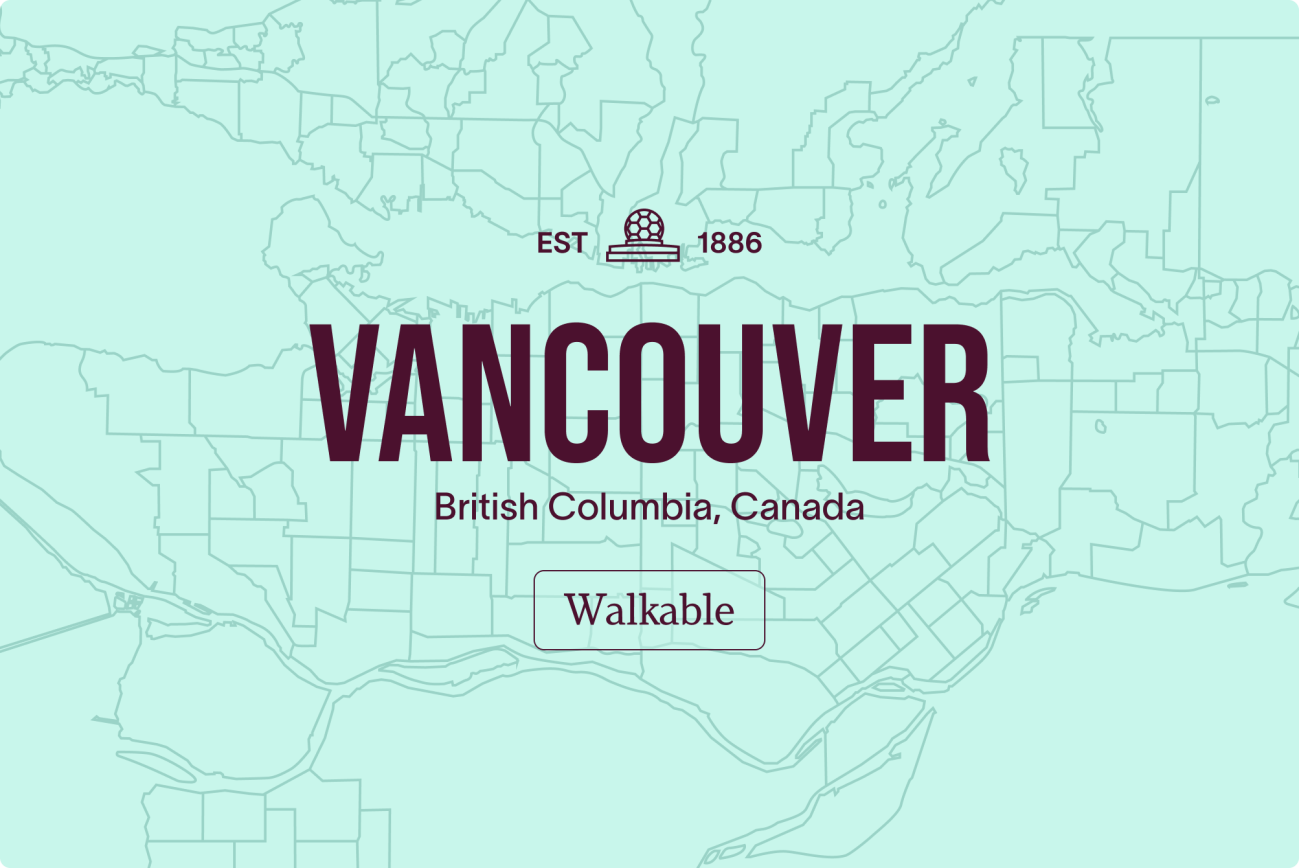Published on August 10th, 2021
As a homebuyer or seller reading the latest real estate news, you might be feeling a little overwhelmed. The headlines about hot housing market trends in Canada are certainly startling. But when it comes to one of life’s biggest assets, knowledge is power. The key is understanding how current market insights could impact your decision-making, so you can plan a clear path forward.
Here’s a breakdown of the most recent housing market trends in Canada from Royal Bank of Canada’s (RBC®) on home prices and housing trends and affordability — and what that means for homebuyers and sellers.
Housing market trends in Canada
There are fewer homes on the market
The good news is that 893,600 listings hit the market in May 2021, however that represents a 6.4% decrease in properties for sale nationally, compared to 2020. And with increased demand, competition for homes is high.
The month of May saw a sellers’ market both nationally and in almost all local markets. And as more people are vaccinated and pandemic restrictions ease, there could be a good opportunity for homeowners to sell and take advantage of higher sale prices.
However, based on RBC’s report, the anticipated boost in inventory is unlikely to be enough to rebalance the market, so, for homebuyers, this means prices are likely to remain high for the next few months at least.
There are more buyers than listings
In addition to low interest rates, the pandemic has seen a change in people’s housing needs and higher household savings, which is further fueling demand — especially in smaller cities and rural areas.
The growing demand has put pressure on all types of property, but single-family homes, with larger living spaces, have seen a 29.1% price increase, year over year.
There is also a renewed interest in condo apartments, a more affordable option for many, but the number of listings is shrinking.
Home prices continue to go up
With decreased supply and increased demand comes higher prices. According to RBC’s market report, home prices went up by a record-breaking 24.4% compared to the same month last year.
In May, Canada’s MLS Home Price Index rose by $7,300 taking the average national home price to $728,000.
The same RBC report predicts that the value of properties is likely to go up through the fall, as more homebuyers compete in bidding wars for a limited number of listings.
What does the current market mean for affordability?
Current market conditions are certainly more challenging for homebuyers, particularly those who are under pressure to buy quickly.
In the first quarter of 2021, RBC’s housing affordability measure hit its worst level since 1990, with British Columbia, Ontario, and Nova Scotia being among the most expensive places to buy. If you’re looking for a home in the Prairies, home prices are relatively more affordable, with less competition.
What are your next steps?
As a homebuyer or seller there are still steps you can take to move forward in your homeownership journey — even in today’s real estate market.
Track the market
By staying on top of the market with Houseful, you can make informed decisions and determine a timeline that makes the most sense for you.
As a homebuyer, you can build your knowledge of current market values, so you can understand the type of homes and locations you can afford and ensure you’re shopping within your budget.
For homeowners, it’s important to know what other properties in your area are listing for and how many homes are on the market. Should you decide to sell, you will have a good idea of how much you can expect to make and then time it to maximize your home sale.
Plan your finances
Before you start seriously shopping for a home, one of your first steps is to find out and monitor your credit score. Your credit score is used by lenders to determine how much you can borrow and the interest you’ll pay on the loan. If your credit score is less than 600 then it can be more difficult getting approved for a mortgage or you’ll likely pay a higher interest, so you may consider taking some time to improve your score.
You can also think about your down payment and how much you can afford to put down. You can then set up savings goals and put money away each month. If you are not sure where to start with credit repair or a savings plan, a financial advisor can help.
If you’re a homeowner and you plan to sell your home, you’ll need to factor in how long your home might be on the market. Then, how much you’d need to sell for in order to move. A real estate agent can help guide you on current market rates in your area.
Understand how much you can afford
Once you’ve planned your finances, you can start researching your mortgage options. You can get started by pre-qualifying to see how much home you may be able to afford. A trusted mortgage lender, like RBC, can help you with your home financing needs, including a pre-approval for a mortgage.
Pre-approval is an official statement of how much money a lender is willing to lend you for a home. You’ll be provided with a pre-approval letter, so that the seller knows your money is secure when it comes to making an offer.
If you’re a homeowner, you will want to think about how your home sale would impact how much you can afford to spend on your next move.
Explore your options
Once you have a clear idea of how much you may be able to afford and your approximate timeline, you can start to explore your options. This is when you can determine the type of home you’re looking for and different locations.
As a homeowner you’ll want to think about how your home sale will impact your next purchase. If you aren’t ready to sell, you might be able to make some savings by refinancing. A financial advisor can help to talk you through your options. You can also start working on any maintenance or repairs you’d like to do before you put your home on the market.
Depending on where you are in the country will impact the price of homes. In the Prairie Provinces and most of Atlantic Canada (except Halifax), homeownership costs continue to be more affordable than the rest of the country.
Find more information on how to buy a home, how to sell your home, and mortgage and finance tips, see our Home Journey How-To’s or sign up at houseful.ca.




